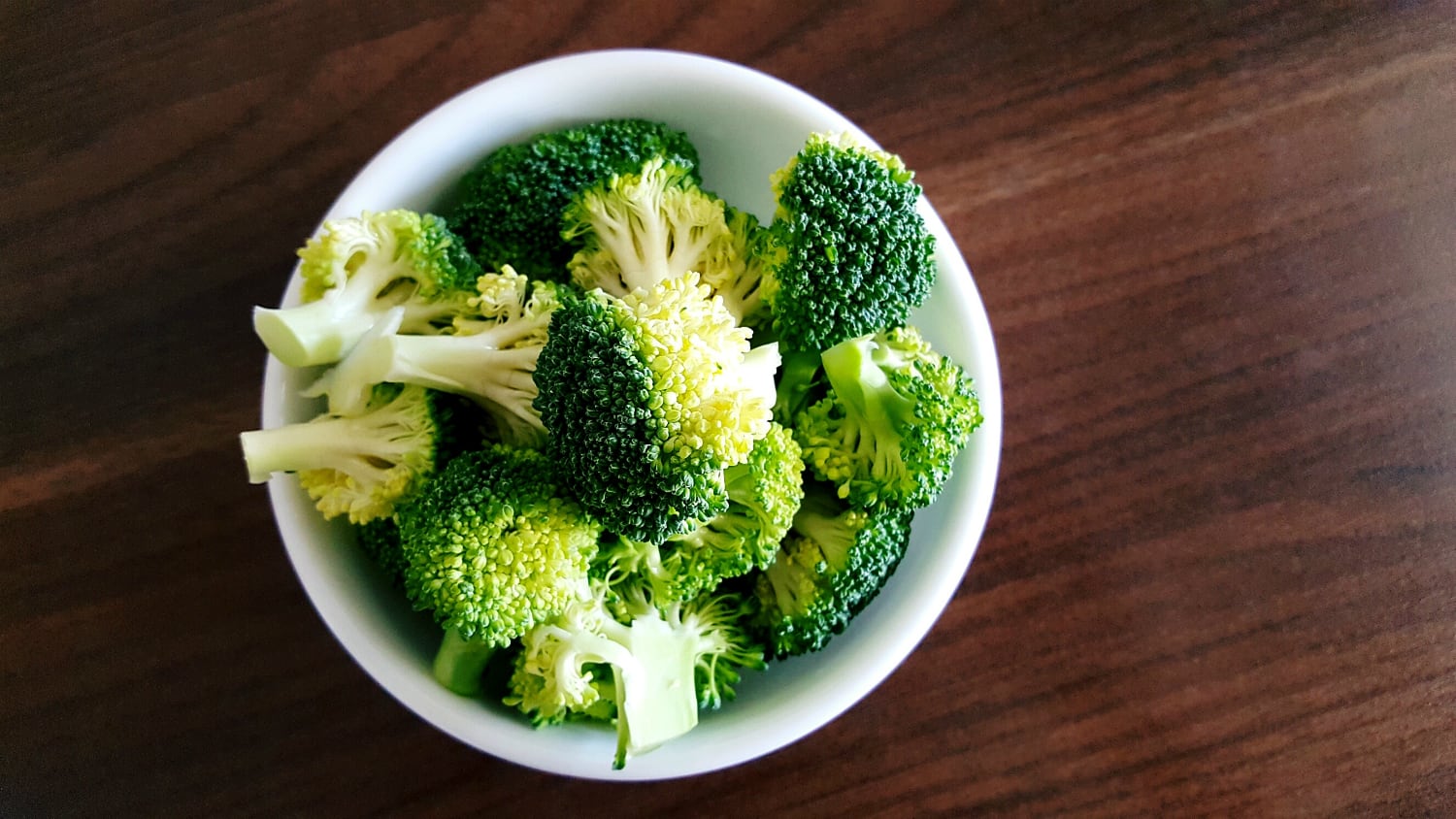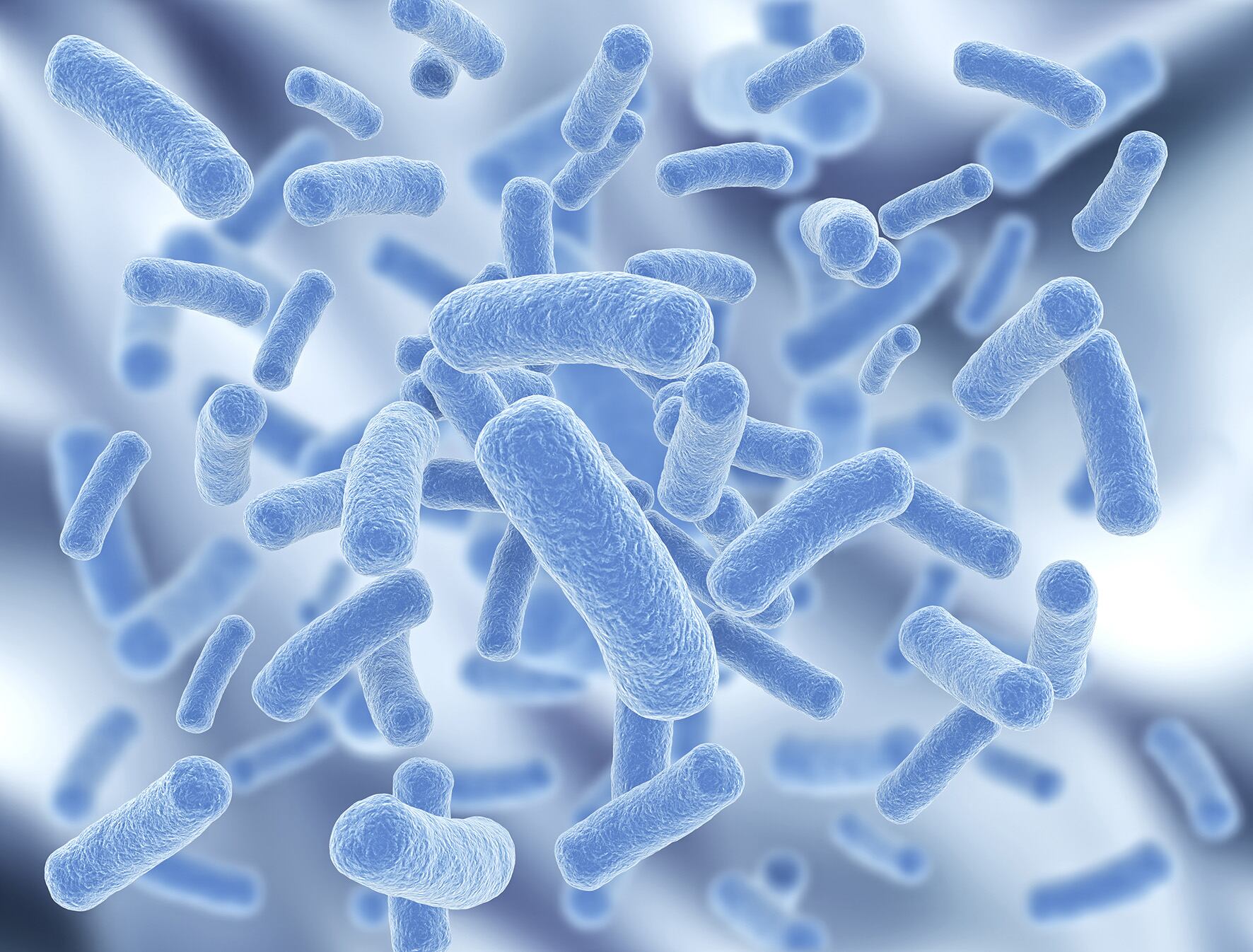
The region's leading probiotic and microbiome event — Probiota Asia — will get underway in Singapore this month with a stellar line-up of speakers, including the likes of Blackmores, Danone, Herbalife and Life-Space, set to take to the stage.
Broccoli best of the bunch in preventing hospitalisation from aged falls
The humble broccoli, and its cruciferous cousins, including Brussels sprouts, cauliflower and cabbage, could help older people avoid being hospitalised after a fall, researchers at Edith Cowan University have revealed.
Their findings, published in the British Journal of Nutrition, suggest that just half a cup of broccoli a day could prevent older people from falling and help them to maintain their quality of life well into old age.
This is because of a link between higher consumption of cruciferous vegetables and better muscle strength and physical function in the participants.
“We suspect this is one of the ways they reduce the risk of falling,” said lead researcher Marc Sim.
Flaxseed oil may benefit haemodialysis patients with mineral and bone disorder: Iran RCT
Daily consumption of flaxseed oil may benefit haemodialysis patients suffering from chronic kidney disease and mineral and bone disorder, say Iranian researchers.
Chronic kidney disease-related mineral and bone disorder is common among haemodialysis patients.
This led researchers at Iran's Shahid Beheshti University of Medical Sciences and Tehran University of Medical Sciences to conduct a study to determine the impact of flaxseed oil — a rich plant-based source of omega-3 fatty acids and alpha-linoleic acid (ALA) — on serum markers of bone formation and resorption in haemodialysis patients.
Chlorella supplements may support immune function during intensive training
Intense training and exercise are known to disturb the immune system. A new study from England suggests that supplements containing the algae Chlorella pyrenoidosa may help.
Data published in the European Journal of Nutrition indicated that supplementation with six grams of Chlorella during a period of intense training led to beneficial effects on secretory IgA (sIgA), an antibody that is important for the integrity of the immune system.
“Daily supplementation with [Chlorella] was able to increase salivary sIgA concentration and secretion rate at rest,”wrote Corinna Chidley and Glen Davison from the Endurance Research Group in the School of Sport and Exercise Sciences at the University of Kent.
Gut microbiome changes linked to progress of Huntington's disease
Australian scientists have made a rare breakthrough in the study of Huntington's disease by finding that changes in the gut microbiome may influence its progress and treatment.
The research points to the urgent need for follow-up studies in humans that can validate the findings. It provides even more evidence that the gut plays a significant role in diseases of the brain.
Gut microbiome changes have already been described in Alzheimer’s and Parkinson’s disease, autism, depression, chronic fatigue syndrome, type 2 diabetes and other diseases.
Omega-3 and vitamin B12 may improve autistic behaviours, Saudi study finds
The consumption of vitamin B12 and omega-3 fatty acids — either in combination or independently — may be able to alleviate autistic behaviours, according to a study by Saudi Arabia’s King Saud University.
A major component of autism (as well as many other neurodevelopmental disorders) is abnormal phospholipid metabolism.
Researchers said that rodents that are orally administered propionic acid (PPA) can exhibit behavioural abnormalities and biochemical indications similar to those seen in autistic individuals, and can therefore be used as a model to examine the link between impaired brain fatty acid metabolism and autism.
The researchers conducted a study with the aim of understanding the alterations in phospholipid metabolism in the brain of an autistic rodent, and whether omega-3 and / or vitamin B12 could be viable remedies.





